The premier investigation agency claims that the move will “severally impair” the effectiveness of anti-corruption efforts.
The CBI has expressed displeasure over a proposal to make approval of the Lokpal mandatory before filing chargesheet or closure report. The premier investigation agency claims that the move will “severally impair” the effectiveness of anti-corruption efforts.
“We heard they are going to make mandatory approval of the Lokpal before filing chargesheet or closure report by the CBI on conclusion of investigation by making amendments to Section 173 of Cr PC. This goes against the stated objectives of making the investigation agency autonomous, not answerable or liable to be monitored by either the administrative ministry or the Lokpal and protect the integrity of investigation,” a CBI official said.
“This is also against the established jurisprudence on the subject, which provides the powers for taking final decision after conclusion of investigation to the investigating agency and even the courts do not interfere with the process of investigation,” the official added.
The agency is also against the proposal to make preliminary enquiry (PE), except in trap cases, by Lokpal mandatory before giving cases to the CBI.
The CBI claims that currently it gathers information and plans and executes a search operation to collect evidence. But if a preliminary enquiry by Lokpal is made compulsory, the CBI will lose the “surprise element” to carry out such operations.
Officials added that now a PE is conducted only when available information or complaint about serious misconduct on the part of a public servant is not adequate to justify registration of a regular case. “The new provision is bound to delay commencement of investigation process. Experience shows that there are a large number of cases in which the element of criminality is known right from the beginning. Holding PE would add no value but rather help the accused by compromising witnesses and help in destroying evidence,” a senior official said.
The CBI maintains that at present, the power of taking final decision after investigation is decentralized in the agency. Officers from the rank of SP to Director, CBI, take decisions based on the rank of the suspect public servants. “This would cause considerable delay in finalisation of the cases and commencement of trial in anti-corruption cases,” the official added.
![submenu-img]() Meet man who once suffered loss of Rs 15 crore, then built Rs 2000 crore turnover company at 60, he is…
Meet man who once suffered loss of Rs 15 crore, then built Rs 2000 crore turnover company at 60, he is…![submenu-img]() 'They did her dirty': Aishwarya Rai fans criticise stylist for her 'failed art project' outfit on Cannes red carpet
'They did her dirty': Aishwarya Rai fans criticise stylist for her 'failed art project' outfit on Cannes red carpet![submenu-img]() Woman walks on the streets of Tokyo in saree, viral video shows people’s reaction
Woman walks on the streets of Tokyo in saree, viral video shows people’s reaction![submenu-img]() Blinkit offering ‘free dhaniya’ with vegetable orders, people now asking for free…
Blinkit offering ‘free dhaniya’ with vegetable orders, people now asking for free…![submenu-img]() Kartam Bhugtam: Shreyas Talpade-starrer is a riveting dive into the unknown
Kartam Bhugtam: Shreyas Talpade-starrer is a riveting dive into the unknown![submenu-img]() Meet PhD wife of IIT graduate hired at Rs 100 crore salary package, was fired within a year, he is now…
Meet PhD wife of IIT graduate hired at Rs 100 crore salary package, was fired within a year, he is now…![submenu-img]() Meet woman not from IIT, IIM or NIT, cracked UPSC exam in first attempt with AIR...
Meet woman not from IIT, IIM or NIT, cracked UPSC exam in first attempt with AIR...![submenu-img]() Maharashtra Board Results 2024: MSBSHSE class 10th, 12th results soon, know how to check results via SMS
Maharashtra Board Results 2024: MSBSHSE class 10th, 12th results soon, know how to check results via SMS![submenu-img]() Meet Indian genius who became world’s 'youngest' surgeon at 7, worked in IIT for...
Meet Indian genius who became world’s 'youngest' surgeon at 7, worked in IIT for...![submenu-img]() Meet Kashmir boy, who is JEE topper, wants to pursue Computer Science, he aims to clear...
Meet Kashmir boy, who is JEE topper, wants to pursue Computer Science, he aims to clear...![submenu-img]() DNA Verified: Is CAA an anti-Muslim law? Centre terms news report as 'misleading'
DNA Verified: Is CAA an anti-Muslim law? Centre terms news report as 'misleading'![submenu-img]() DNA Verified: Lok Sabha Elections 2024 to be held on April 19? Know truth behind viral message
DNA Verified: Lok Sabha Elections 2024 to be held on April 19? Know truth behind viral message![submenu-img]() DNA Verified: Modi govt giving students free laptops under 'One Student One Laptop' scheme? Know truth here
DNA Verified: Modi govt giving students free laptops under 'One Student One Laptop' scheme? Know truth here![submenu-img]() DNA Verified: Shah Rukh Khan denies reports of his role in release of India's naval officers from Qatar
DNA Verified: Shah Rukh Khan denies reports of his role in release of India's naval officers from Qatar![submenu-img]() DNA Verified: Is govt providing Rs 1.6 lakh benefit to girls under PM Ladli Laxmi Yojana? Know truth
DNA Verified: Is govt providing Rs 1.6 lakh benefit to girls under PM Ladli Laxmi Yojana? Know truth![submenu-img]() Aishwarya Rai Bachchan turns heads in intricate black gown at Cannes, walks the red carpet with injured arm in cast
Aishwarya Rai Bachchan turns heads in intricate black gown at Cannes, walks the red carpet with injured arm in cast![submenu-img]() Laapataa Ladies' Poonam aka Rachna Gupta looks unrecognisable in viral photos, amazes with jaw-dropping transformation
Laapataa Ladies' Poonam aka Rachna Gupta looks unrecognisable in viral photos, amazes with jaw-dropping transformation![submenu-img]() In pics: Taarak Mehta Ka Ooltah Chashmah actress Deepti Sadhwani dazzles in orange at Cannes debut, sets new record
In pics: Taarak Mehta Ka Ooltah Chashmah actress Deepti Sadhwani dazzles in orange at Cannes debut, sets new record![submenu-img]() Ananya Panday stuns in unseen bikini pictures in first post amid breakup reports, fans call it 'Aditya Roy Kapur's loss'
Ananya Panday stuns in unseen bikini pictures in first post amid breakup reports, fans call it 'Aditya Roy Kapur's loss'![submenu-img]() Remember Harsh Lunia? Just Mohabbat child star, here's how former actor looks now, his wife is Bollywood's popular...
Remember Harsh Lunia? Just Mohabbat child star, here's how former actor looks now, his wife is Bollywood's popular...![submenu-img]() Haryana Political Crisis: Will 3 independent MLAs support withdrawal impact the present Nayab Saini led-BJP government?
Haryana Political Crisis: Will 3 independent MLAs support withdrawal impact the present Nayab Saini led-BJP government?![submenu-img]() DNA Explainer: Why Harvey Weinstein's rape conviction was overturned, will beleaguered Hollywood mogul get out of jail?
DNA Explainer: Why Harvey Weinstein's rape conviction was overturned, will beleaguered Hollywood mogul get out of jail?![submenu-img]() What is inheritance tax?
What is inheritance tax?![submenu-img]() DNA Explainer: What is cloud seeding which is blamed for wreaking havoc in Dubai?
DNA Explainer: What is cloud seeding which is blamed for wreaking havoc in Dubai?![submenu-img]() DNA Explainer: What is Israel's Arrow-3 defence system used to intercept Iran's missile attack?
DNA Explainer: What is Israel's Arrow-3 defence system used to intercept Iran's missile attack?![submenu-img]() 'They did her dirty': Aishwarya Rai fans criticise stylist for her 'failed art project' outfit on Cannes red carpet
'They did her dirty': Aishwarya Rai fans criticise stylist for her 'failed art project' outfit on Cannes red carpet![submenu-img]() Kartam Bhugtam: Shreyas Talpade-starrer is a riveting dive into the unknown
Kartam Bhugtam: Shreyas Talpade-starrer is a riveting dive into the unknown![submenu-img]() Richa Chadha says Heeramandi co-star Sharmin Segal being trolled for her performance is 'audience’s right'
Richa Chadha says Heeramandi co-star Sharmin Segal being trolled for her performance is 'audience’s right'![submenu-img]() Meet only Indian actress whose film is competing for top prize at Cannes; not Aishwarya, Deepika, Kiara, Priyanka, Alia
Meet only Indian actress whose film is competing for top prize at Cannes; not Aishwarya, Deepika, Kiara, Priyanka, Alia![submenu-img]() How two heroines beat Rajinikanth, Vijay, Dhanush to give Tamil cinema's biggest hit of 2024; low-budget film earned...
How two heroines beat Rajinikanth, Vijay, Dhanush to give Tamil cinema's biggest hit of 2024; low-budget film earned...![submenu-img]() Woman walks on the streets of Tokyo in saree, viral video shows people’s reaction
Woman walks on the streets of Tokyo in saree, viral video shows people’s reaction![submenu-img]() Why Australians walk barefoot in public: Here’s the reason
Why Australians walk barefoot in public: Here’s the reason![submenu-img]() People in this country compete to see who’s best at doing nothing, here's why
People in this country compete to see who’s best at doing nothing, here's why![submenu-img]() Viral video: Influencer dressed as 'Manjulika' dances on crowded road, internet reacts
Viral video: Influencer dressed as 'Manjulika' dances on crowded road, internet reacts![submenu-img]() Viral video: Baby elephant receives 'Z-category security' during family nap in Tamil Nadu reserve
Viral video: Baby elephant receives 'Z-category security' during family nap in Tamil Nadu reserve
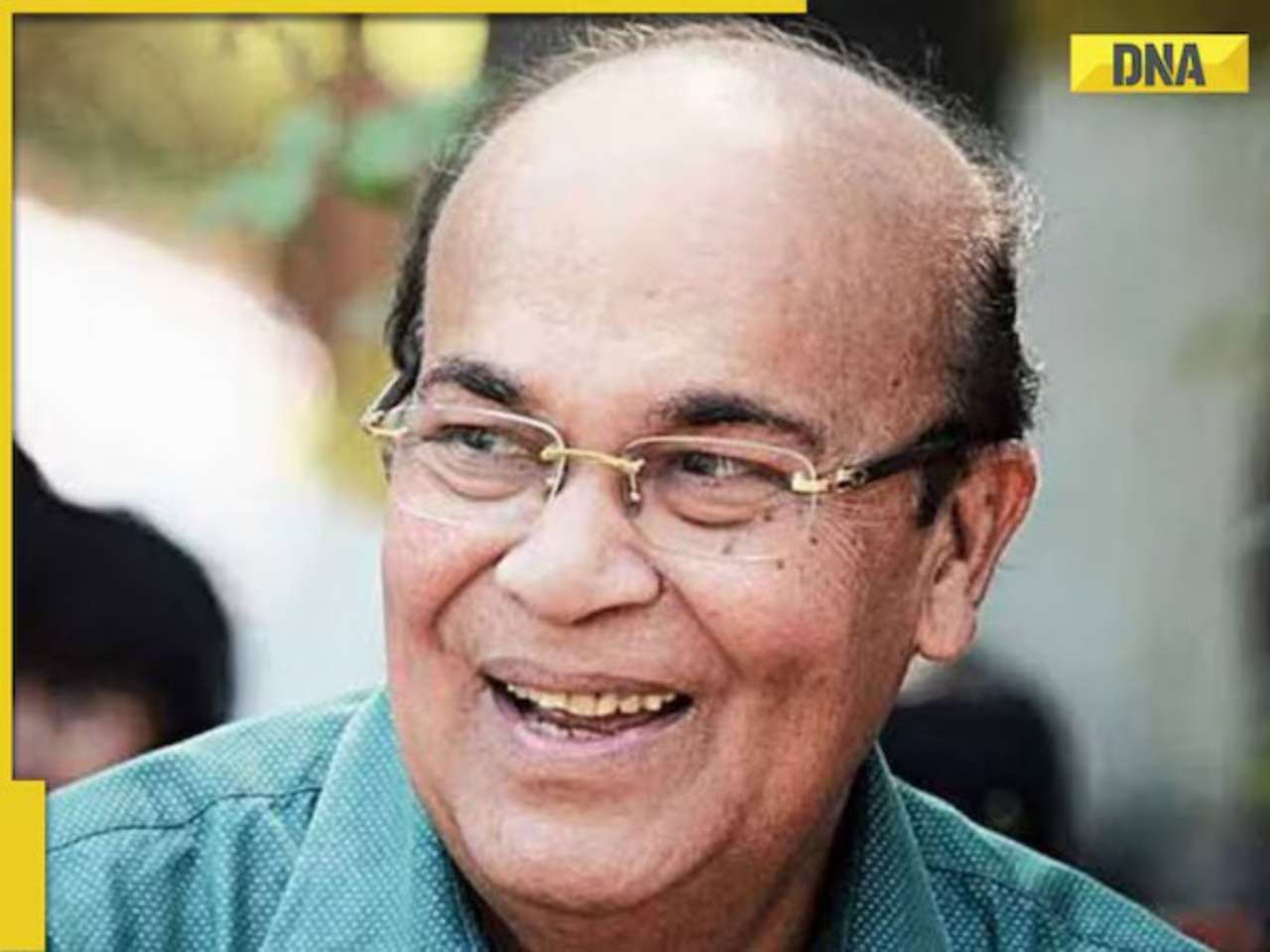



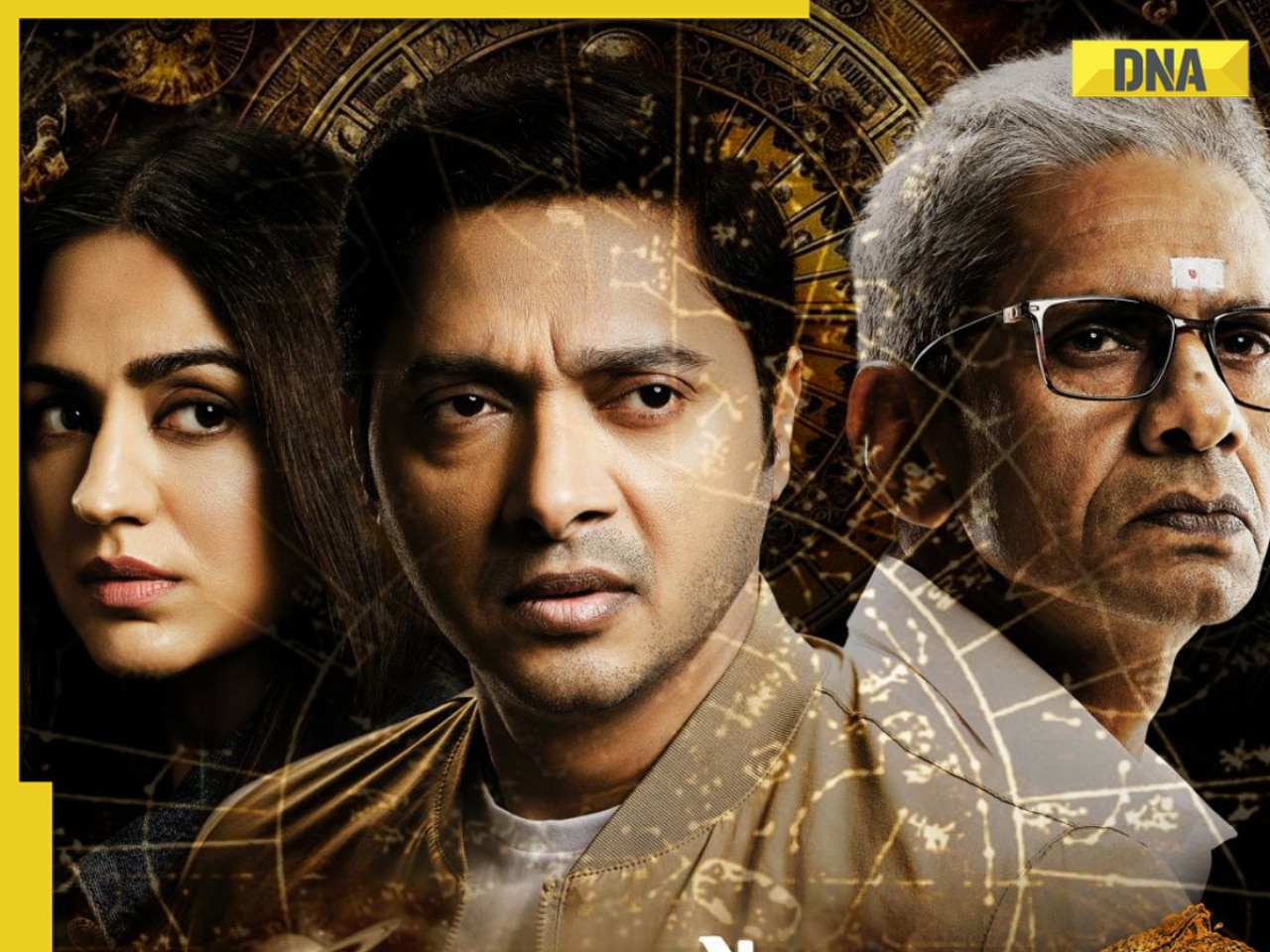







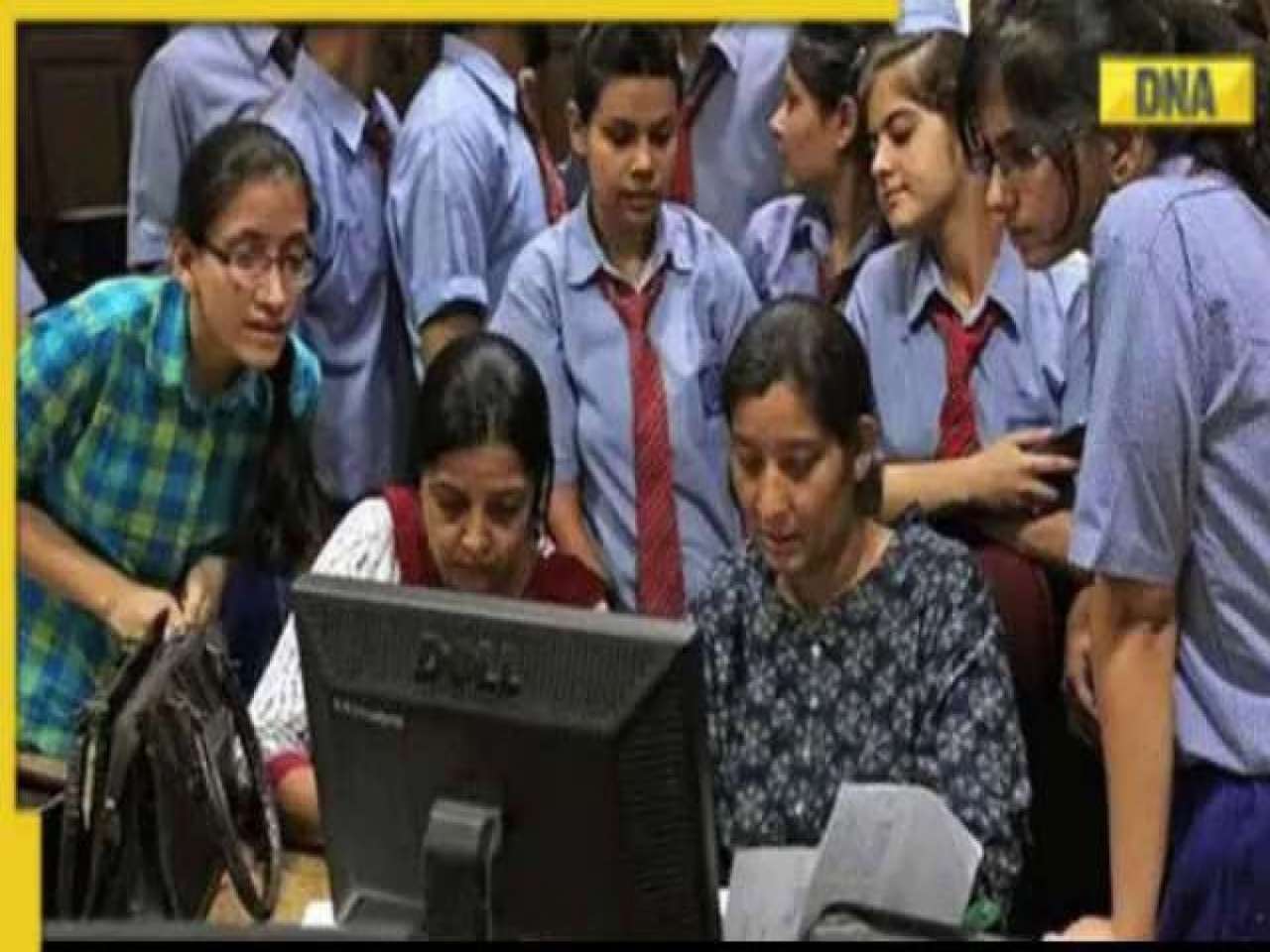






















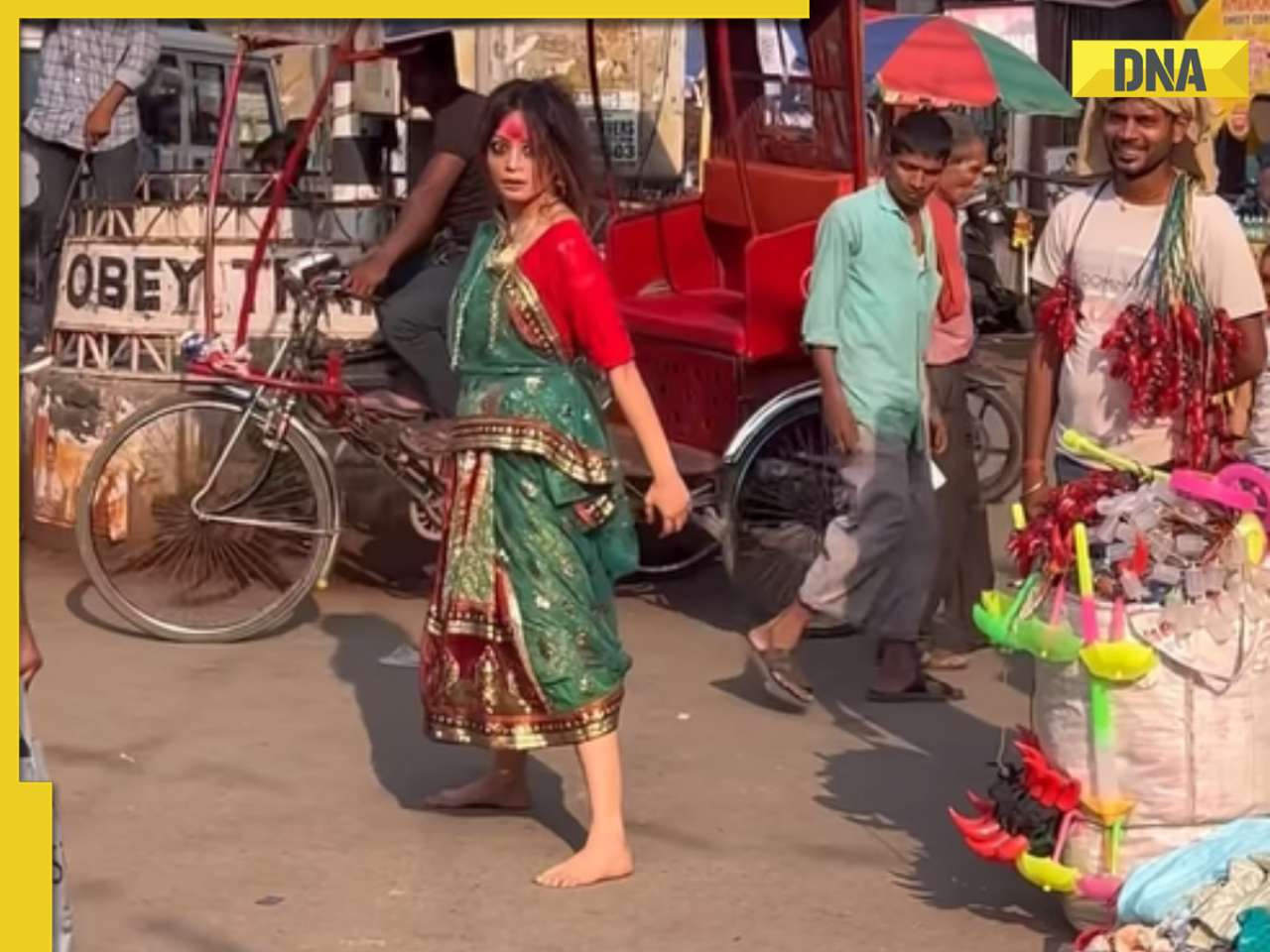













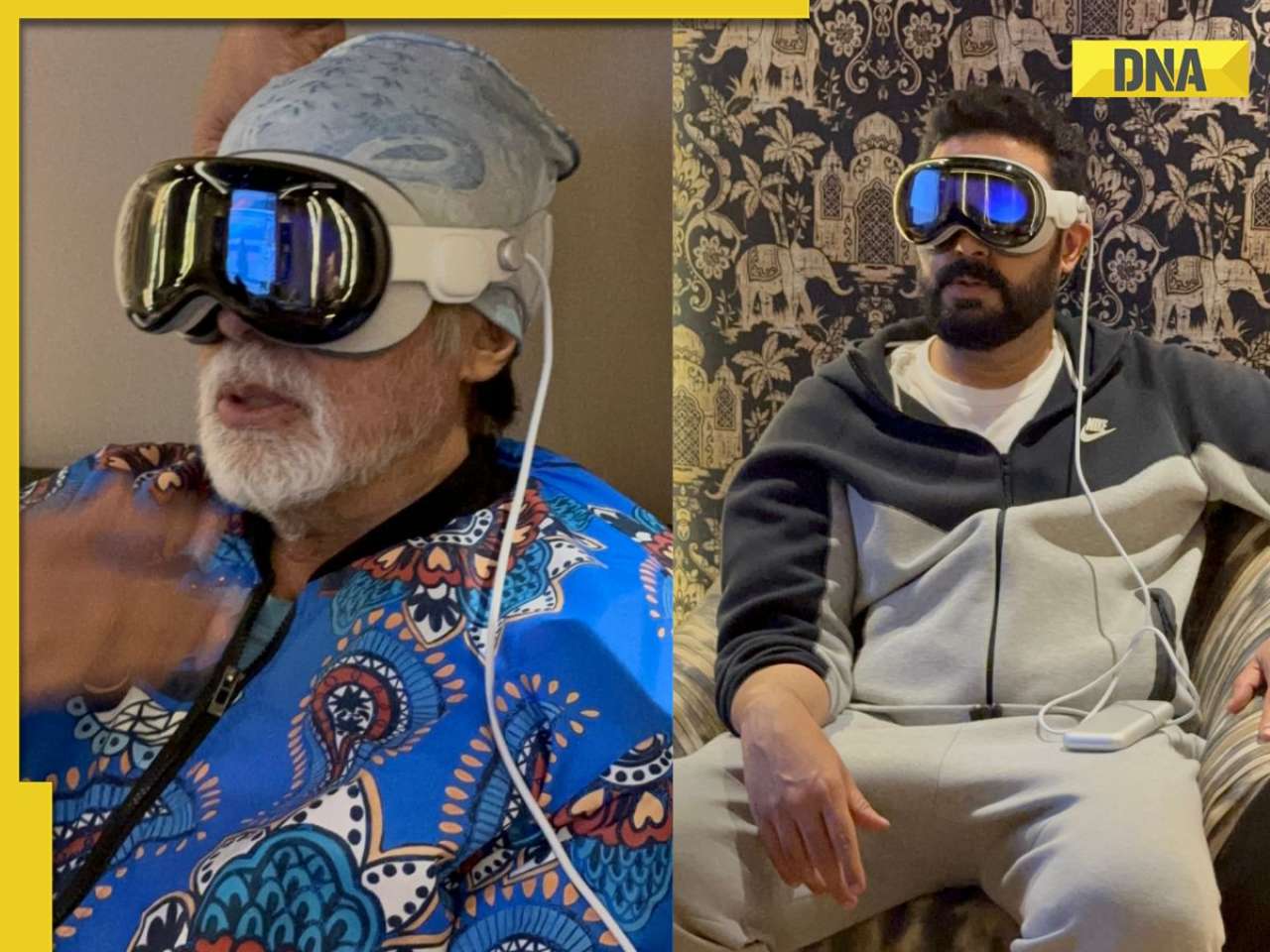
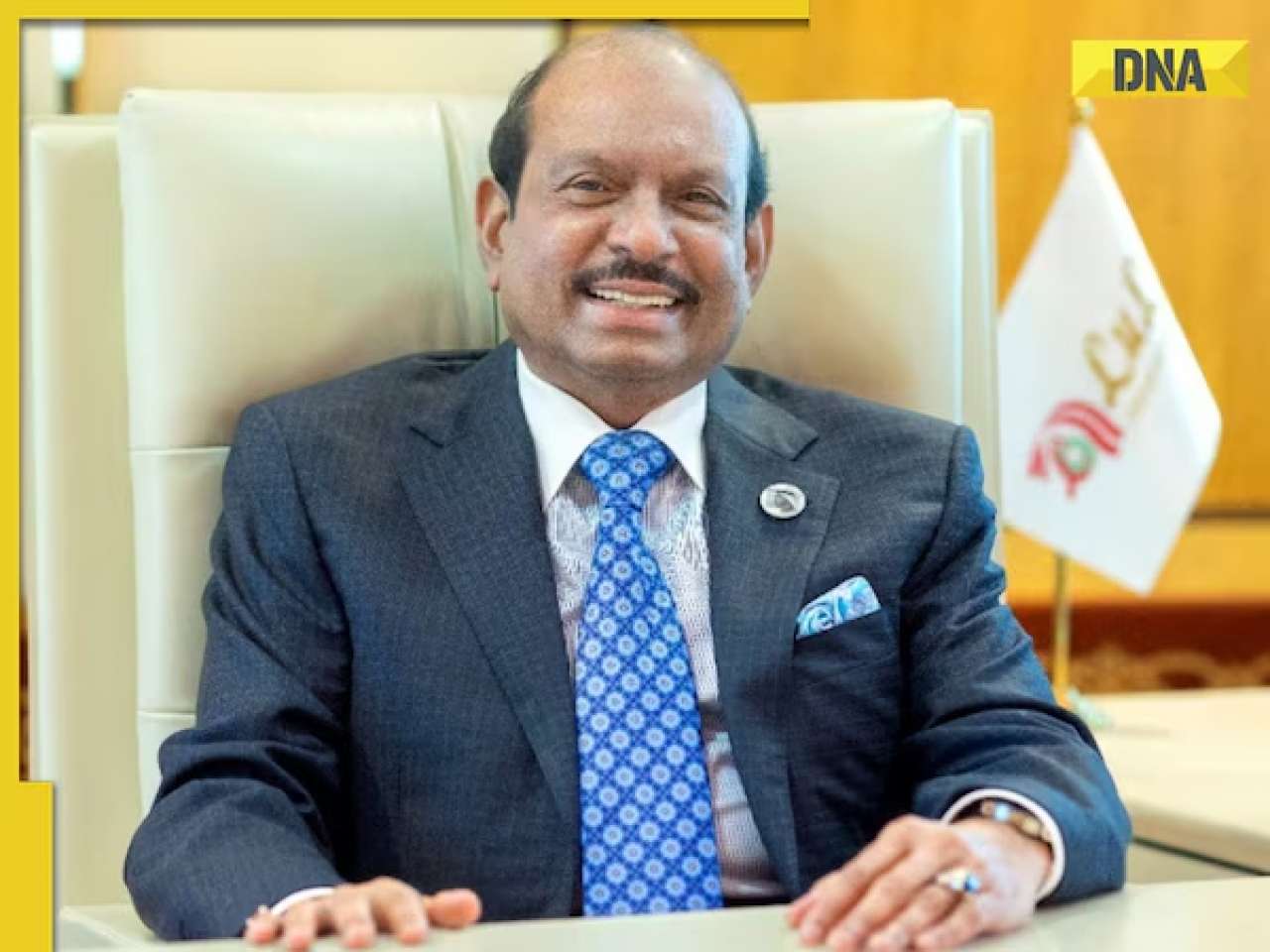





)
)
)
)
)
)